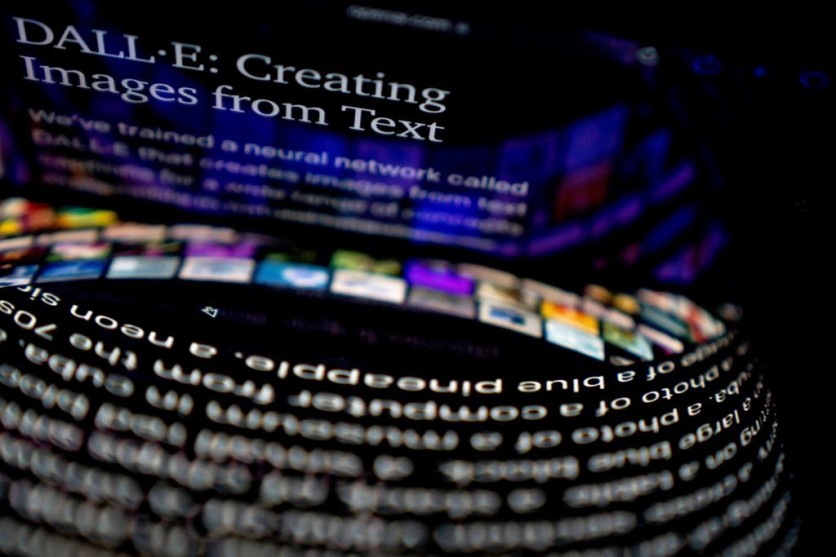The CEO of Stability AI, Emad Mostaque, predicts that the majority of outsourced programmers in India will lose their jobs in the next two years due to the advancements in artificial intelligence (AI).
During a call with UBS analysts, CNBC reported that Mostaque emphasized that the effects of AI technology have made it possible to develop software with significantly fewer people, leading to job displacement.

AI's Impact on Various Jobs
Mostaque explained the impact of AI on different types of jobs varies. He said the impact is substantial if a job involves working in front of a computer without direct interaction, as AI models can perform tasks that previously required highly skilled individuals.
The CEO further highlighted the significance of varying labor laws across countries, noting that nations like France with stronger labor regulations would experience less of an impact.
Specifically, Mostaque said in India, outsourced coders up to level three programmers would likely lose their jobs within the next year or two. However, in France, developers would be less susceptible to job loss. He emphasized that the influence of AI differs across countries, sectors, and job roles.
According to Bloomberg, India, which boasts a population of more than five million software programmers, is exposed to considerable challenges stemming from advanced AI tools like ChatGPT.
The nation is widely recognized as a key destination for businesses seeking to outsource back-office roles and various positions.
Notably, Indian companies such as Tata Consultancy Services (TCS), Infosys, and Wipro serve as crucial service providers for major clients, including prominent Silicon Valley technology companies, leading financial institutions on Wall Street, airlines, and retailers.
TCS, the largest outsourcing provider in India, has made substantial investments in generative AI. The company has committed to training over 25,000 engineers on this technology using Microsoft's Azure Open AI service, aiming to assist clients in adopting AI more effectively.
TCS CEO N. Ganapathy Subramaniam told CNBC that the company adopted a "machine-first" approach to project delivery four years ago, and AI has significantly impacted their operations. Subramaniam noted that generative AI has accelerated their progress.
Read Also : PIGINet: MIT's New AI to Enhance Robots' Planning, Problem Solving, and MORE by as much as 80 Percent
'No More Programmers'
Mostaque echoed his earlier statement that there will be "no more programmers" in the next five years, clarifying that he referred to traditional coders.
He argued that humans do not need to write code when AI can do it better. From bug testing to ideation, AI can handle the entire programming process more effectively.
However, Mostaque noted that AI would function as co-pilots rather than replacing humans entirely. This shift raises questions about the future balance between the roles of AI and humans in various domains.
As AI continues to advance, the potential displacement of outsourced coders in India and the changing nature of programming highlight the ongoing transformation within the technology industry.
Related Article : [VIRAL] AI-generated Image Depicts Elon Musk, Mark Zuckerberg as Unlikely, Happy Couple

ⓒ 2026 TECHTIMES.com All rights reserved. Do not reproduce without permission.




